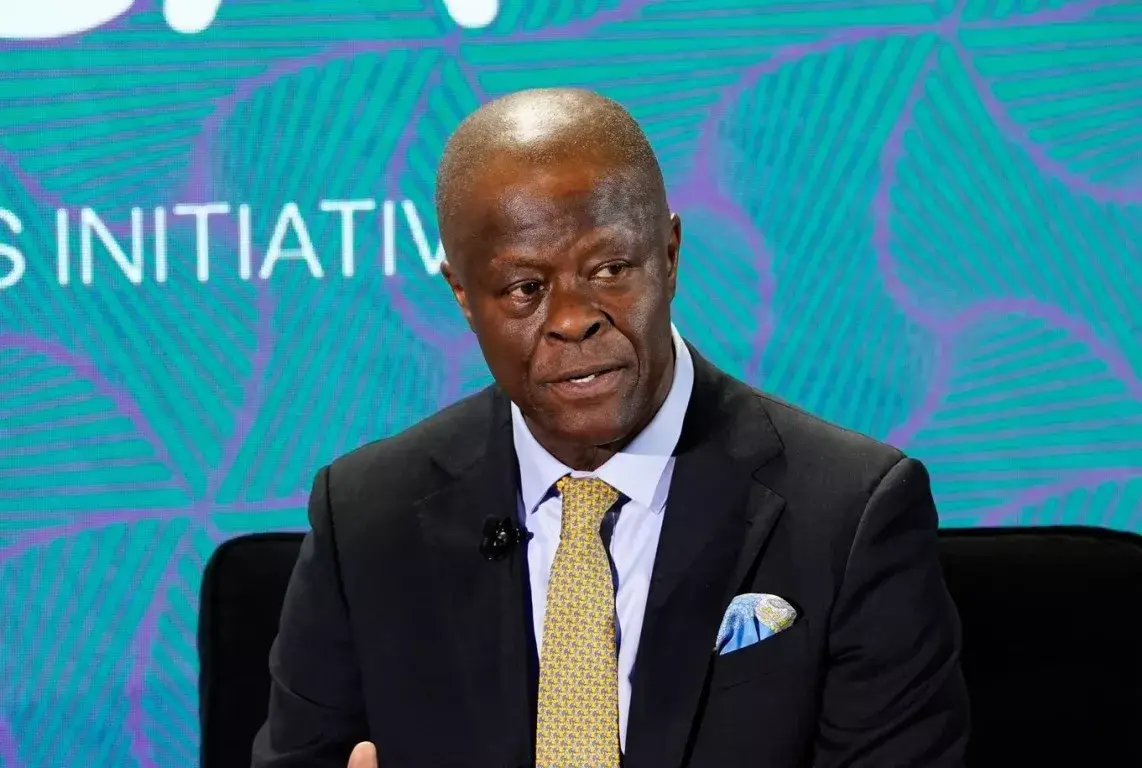Nigeria has clinched a significant financial deal with the World Bank, as announced by the Minister of Finance and Coordinating Minister for the Economy, Mr. Wale Edun.
The federal government has successfully secured a $2.25 billion loan from the World Bank, with the board of directors having given their approval for the credit, which is currently undergoing processing.
The terms of the loan are notably favourable for Nigeria, offering a 40-year term with a 10-year moratorium at an incredibly low 1% interest rate. Minister Edun described the loan as essentially a grant, emphasising its advantageous terms as “the closest you can get to free money.
” This announcement came during Edun’s briefing to journalists at the recently concluded Spring Meetings of the International Monetary Fund (IMF) and the World Bank in Washington, D.C.
In addition to this substantial loan, Nigeria is poised to benefit from budgetary support and low-interest funding from the African Development Bank (AfDB).
The government’s agenda also includes initiatives to bolster capital inflows into the country, such as doubling current diaspora remittances and planning for a diaspora bond issue later in the year.
Minister Edun highlighted the government’s commitment to attracting funds to support economic growth, particularly focusing on long-term financing for initiatives like low-interest mortgages. He underscored the importance of such funding for stimulating job creation and economic expansion.
While the Central Bank of Nigeria (CBN) is focused on curbing inflation, the fiscal side is actively working to create an enabling environment for investments.
Furthermore, Minister Edun noted the growing confidence of international investors in Nigeria’s economic management, leading to renewed interest in investing in the country. Nigeria is also expected to receive the largest share of the World Bank’s planned provision of electricity to an additional 300 million people in Africa by 2030, marking a significant milestone in regional development efforts.
Looking ahead, Nigeria’s fiscal strategy will prioritise increased domestic resource mobilisation and prudent management of public finances. Minister Edun expressed satisfaction with the positive feedback received by the Nigerian delegation from their participation in the 2024 World Bank and IMF Spring Meetings.
He emphasised Nigeria’s bold fiscal consolidation measures, emphasising domestic resource mobilisation, revenue generation efficiency, and the vital role of the private sector as the key engine of growth in the country’s economic agenda.


